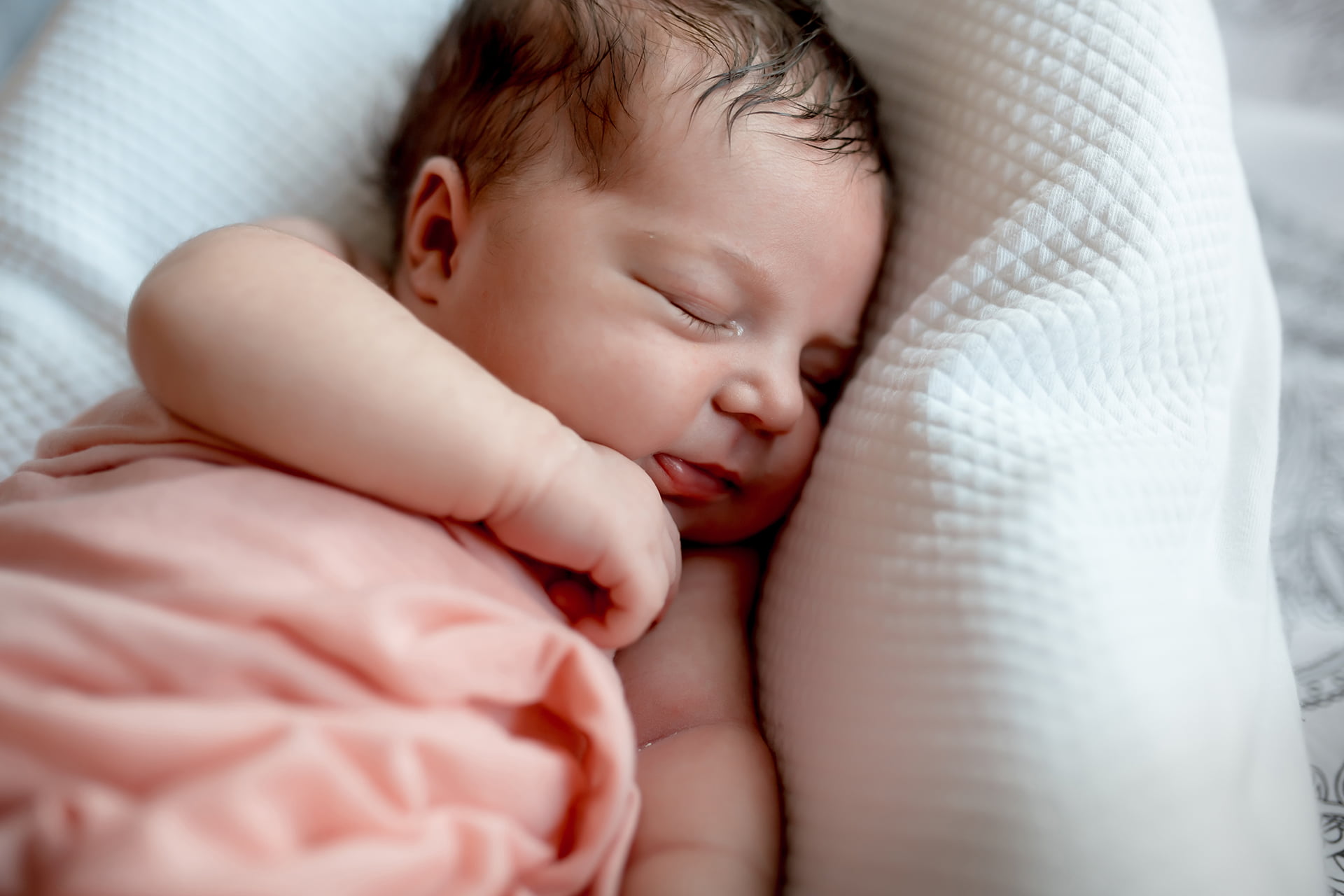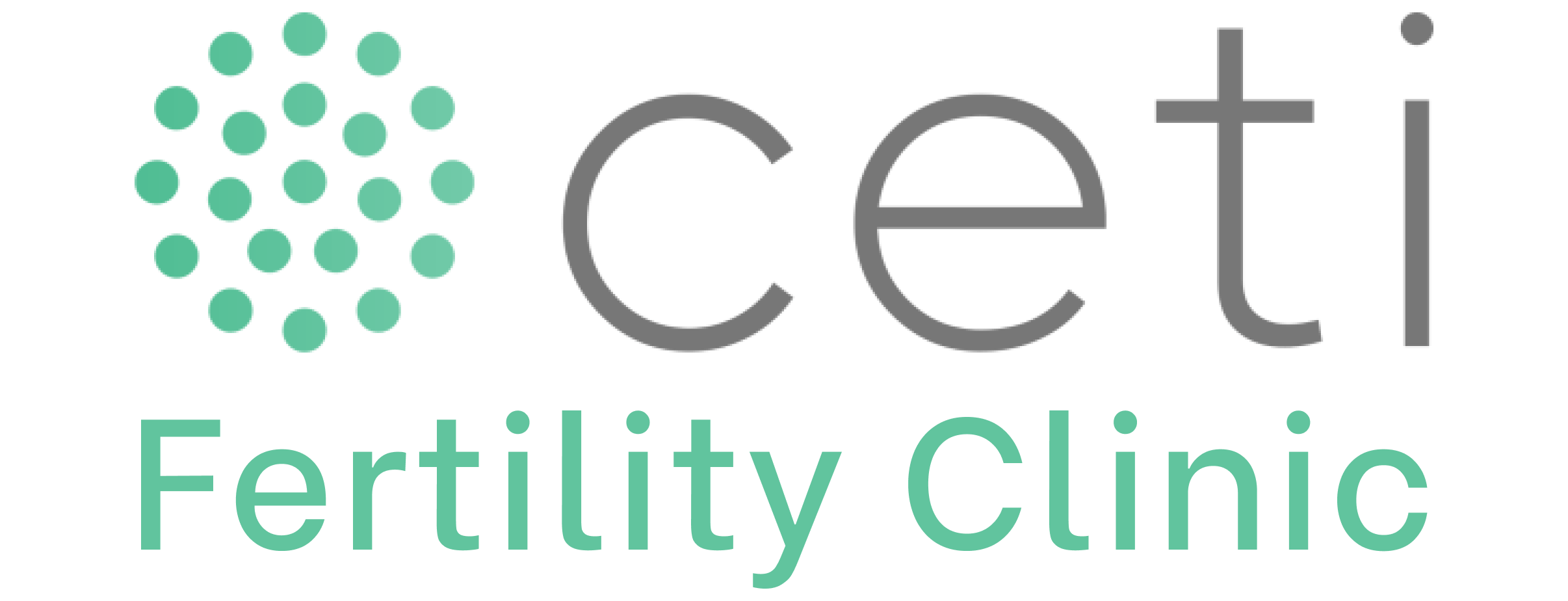Oocyte Donation
In 2012, CETI launched an egg donation programme to recruit and select egg donors. This is a highly selective and meticulous process.
Donation is a voluntary and altruistic process, although Portuguese law stipulates ‘compensation to reimburse expenses incurred, or to compensate for losses resulting from the donation’.
The choice of donor is a rigorous process that takes into account the phenotypic characteristics of the recipient (eye colour, hair colour/type, height, weight and blood group) so that they are as similar as possible, as well as the study of infections and genetics. autosomal recessive diseases.
About Oocyte Donation
The oocytes or eggs are the female germ cells that are released by the follicle (a ‘sac’ of fluid that develops in the ovary during each cycle and contains the oocyte) each time ovulation occurs.
These cells can then be fertilised by a spermatozoon, giving rise to an embryo that can lead to pregnancy if it implants in the uterus.
At CETI, egg donation is first and foremost an act of altruism that can help women or couples to realise their dream of having a child who would otherwise be unable to do so because of a lack of eggs in the woman in the couple.
In the case of oocyte donation, we are talking about a germ cell, or female gamete, which will still have to be fertilised by the sperm of the male member of the couple or a donor, using a medically assisted procreation (MAP) technique, to give birth to an embryo which, once placed in the uterus, could result in a pregnancy. Embryo donation is the donation of the product of the fertilisation of an oocyte by a spermatozoon, constituting a new and evolving entity.
It is advisable to opt for oocyte donation when a woman is unable to achieve pregnancy with her own oocytes due to the absence or abnormality of these gametes.
In cases of genetic disease, this technique can also be used to prevent transmission of the disease to the offspring.
No. Although pregnancy after the age of 40 is less likely than at a younger age due to the lower number and quality of oocytes in the ovary, it is possible for an oocyte released during ovulation, or obtained for treatment, to be fertilised and give rise to a pregnancy. to a normal pregnancy.
Donors must be aged between 18 and 34, in good health and with no history of sexually transmitted, genetic or other diseases. They must also be physically and psychologically fit to donate their eggs.
No. The anonymity of the donor in relation to the recipient and vice versa is mandatory. Anonymity does not only apply to the individual born as a result of this process, if they are aware of it and when they reach the age of majority.
Yes. During the menopause, even if the ovary is no longer ‘functioning’ and an oocyte is therefore no longer released, the uterus can, thanks to hormone treatment, prepare itself to receive an embryo and maintain a pregnancy until term.
No. As explained in point 7, the anonymity of the donor in relation to the recipient and vice versa is mandatory.
Law no. 58/2017 of 25 July – Article 10 – Donation of sperm, oocytes and embryos
1 – Oocytes, sperm or embryos donated by third parties may be used when, in the light of objectively available medical-scientific knowledge, pregnancy or pregnancy without serious genetic disease cannot be achieved by the use of any technique using the recipients’ gametes and provided that effective conditions are ensured to guarantee the quality of the gametes.
2 – Donors may not be considered as the parents of the unborn child.




Common questions
After careful analysis and selection by the CETI when choosing a donor, the recipient woman begins treatment to prepare the endometrium and subsequently receive the embryos.
Preparation of the endometrium is synchronised with ovarian stimulation of the donor, whose oocytes are collected and fertilised with sperm from the male member of the couple.

